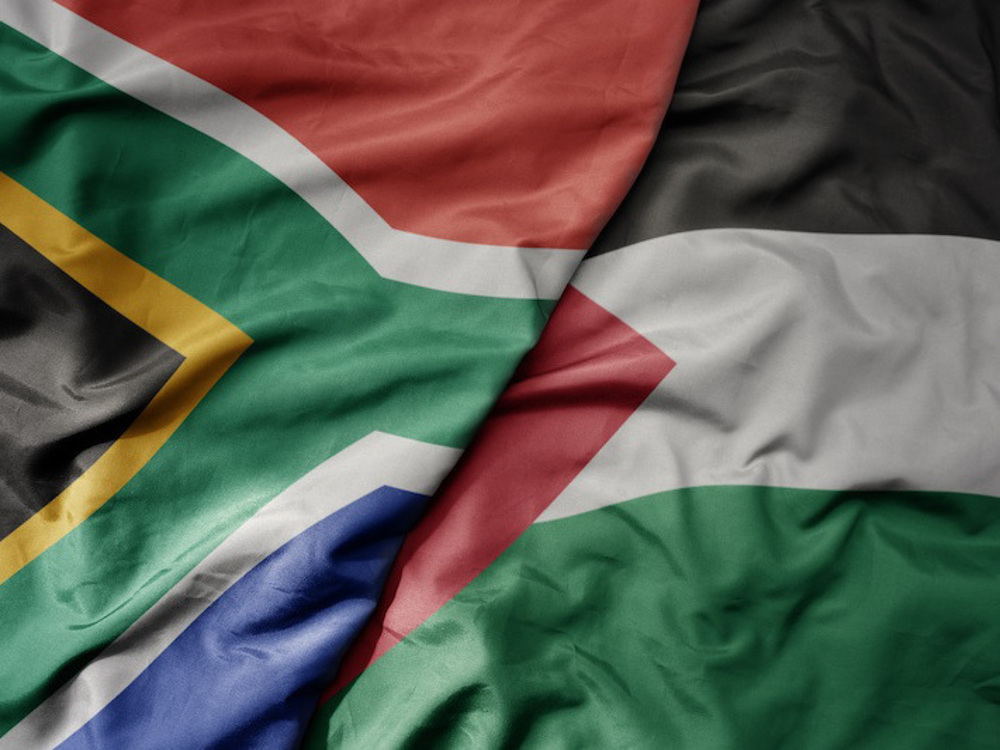Burundi’s president signs decree to launch withdrawal from ICC
Burundi’s President Pierre Nkurunziza has signed a decree effectuating a parliamentary law that had called for the country to withdraw from the International Criminal Court (ICC).
Nkurunziza signed off on the law on Tuesday, a week after lawmakers voted overwhelmingly to remove the county from The Hugue-based court’s jurisdiction.
The decree, published on the presidency’s website, said the decision would “come into immediate effect.”
Observers say a withdrawal from the ICC takes effect a year after the day the UN secretary-general is formally notified of a country’s intention to quit.
Burundi’s decision to quit the ICC follows a bitter dispute with the international community over the human rights situation in the East African country.
Burundi has been gripped in chaos since April 2015 when Nkurunziza decided to run for a third term in office, which he went on to win.
A vicious government crackdown on protesters and widespread violence followed, which some rights organizations estimate, has left more than 1,000 people dead.
In April, the ICC opened a preliminary investigation into reports of killings, imprisonment, torture, rape and other sexual violence, as well as enforced disappearances, by Burundian government forces.
Bujumbura was also infuriated by a damning UN report in September that detailed gross human rights abuses such as torture and sexual violence.
In reaction, Bujumbura barred three UN experts from conducting a probe into the country’s human rights violations inside Burundi.
The International Criminal Court was set up in 2002 to try war criminals and perpetrators of genocide.
The ICC has opened probes involving eight countries, all of them African, namely Kenya, the Ivory Coast, Libya, Sudan, the Democratic Republic of the Congo, the Central African Republic, Uganda and Mali.
'Next to impossible' to rescue patients from Gaza's Kamal Adwan Hospital: Director
VIDEO | Vietnam current prosperity
Report blames gasoil exports for shortage at Iranian power plants
VIDEO | Hind Rajab Foundation names Israeli war criminals vacationing after Gaza genocide
VIDEO | Australians rally for Gaza ahead of Christmas festivities
VIDEO | Attacks on Sana'a
Iran reports further drop in annual inflation rate in December
Israel indicts two settlers over suspected spying for Hezbollah










 This makes it easy to access the Press TV website
This makes it easy to access the Press TV website